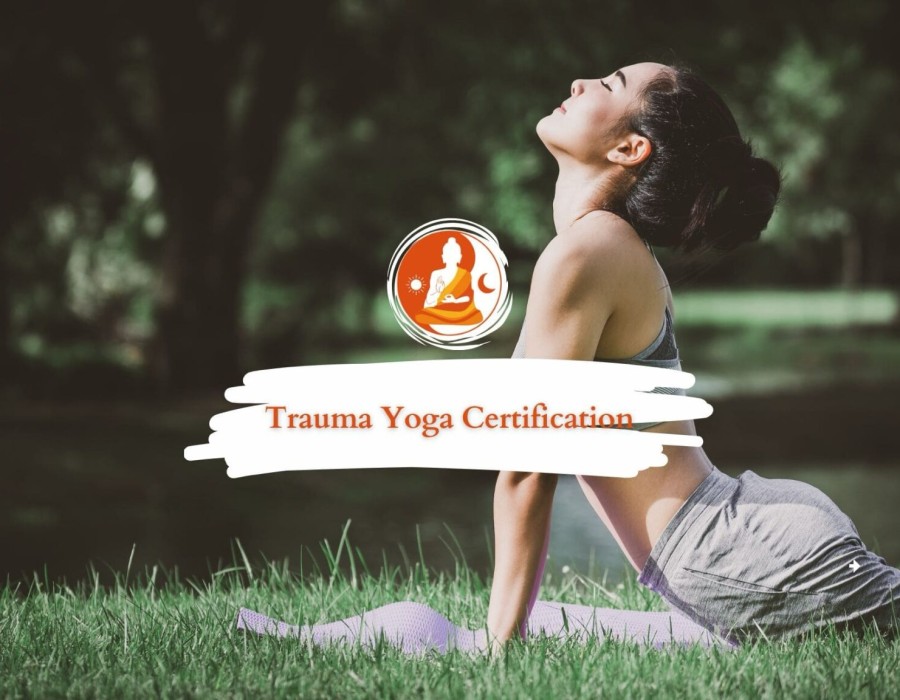A trauma recovery yoga certification is a transformative training program for yoga instructors who are looking to specialize in teaching yoga to individuals recovering from trauma. This certification provides instructors with the skills and knowledge necessary to create a supportive, safe, and healing environment for students who have experienced trauma. With a growing recognition of the healing power of yoga for trauma survivors, a trauma recovery yoga certification offers the tools to guide students through mindful movement, breathwork, and restorative practices tailored to their unique needs.
The trauma recovery yoga certification focuses on understanding how trauma affects the body, mind, and nervous system. Trauma can lead to physical tension, emotional dysregulation, and a sense of disconnection from the body. Through this certification, yoga instructors learn how to adapt their teaching practices to create a more inclusive environment that allows trauma survivors to feel safe, empowered, and in control of their practice. Instructors are trained to recognize the signs of trauma and how to adjust their approach to make yoga accessible for those recovering from difficult life experiences.
This certification program covers a variety of essential topics, including trauma-sensitive language, safe hands-on adjustments (or the avoidance thereof), the use of grounding techniques, and modifications to poses that are safe and comfortable for trauma survivors. Instructors are taught how to create classes that emphasize the importance of choice and autonomy, helping students reclaim control over their bodies and emotions in a supportive, non-judgmental space.
A trauma recovery yoga certification can be particularly beneficial for instructors who wish to teach in settings such as mental health facilities, rehabilitation centers, addiction recovery programs, or private practices that focus on trauma recovery. Yoga is a powerful tool for healing, and having a specialized certification allows instructors to work with populations that may have been affected by PTSD, anxiety, depression, abuse, or chronic illness.
One of the primary goals of the trauma recovery yoga certification is to help instructors provide trauma survivors with a holistic approach to healing. Yoga offers physical benefits such as improved flexibility, strength, and stress relief, but it also plays a vital role in emotional regulation, helping students process difficult feelings in a safe and healthy way. Through specific breathwork techniques and mindfulness practices, instructors are trained to guide students toward emotional resilience, self-awareness, and healing.
The trauma recovery yoga certification not only enhances an instructor’s ability to teach trauma-sensitive yoga, but it also promotes personal growth. By learning about the effects of trauma and how yoga can serve as a tool for recovery, instructors develop greater empathy, understanding, and patience. Many instructors report that the training deepens their own practice and provides them with a more compassionate approach to teaching overall.
In conclusion, a trauma recovery yoga certification is an essential qualification for yoga instructors who want to work with trauma survivors. This certification gives instructors the tools they need to offer healing and support to students in a safe, trauma-informed environment. Whether you want to specialize in trauma recovery yoga or integrate trauma-sensitive practices into your existing classes, a trauma recovery yoga certification helps you become a more effective, compassionate, and confident teacher, empowering students on their journey toward healing and self-discovery.





Comments